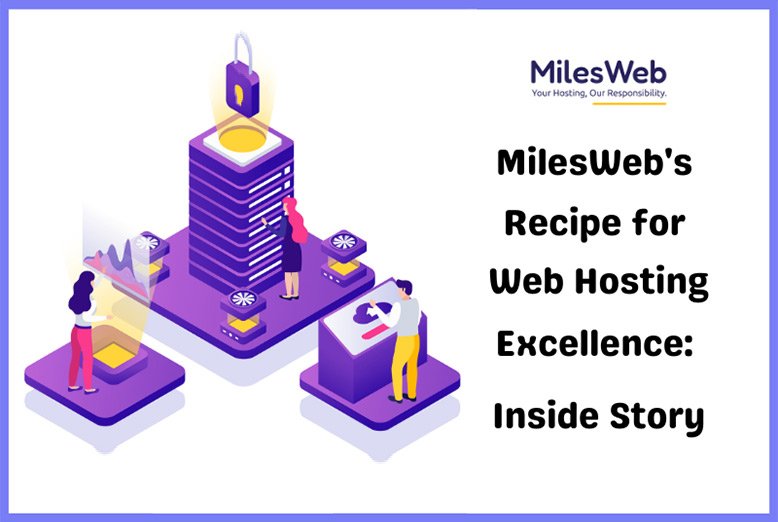The Top Five Most Remarkable Business Coaches of 2025
For over two decades in Melbourne, Nick Ikonomou, a.k.a. CoachNick, has been quietly transforming businesses one-on-one. Discover the no-nonsense approach that has guided over 400 companies to sustainable success.
01
02
The Top Five Most Remarkable Business Coaches of 2025

For over two decades in Melbourne, Nick Ikonomou, a.k.a. CoachNick, has been quietly transforming businesses one-on-one.
The Top 10 Leading Companies in Logistic and Supply Chain, 2024
Alan Ng founded QuikBot Technologies to tackle challenges in urban logistics using robotics, AI, and IoT, creating a groundbreaking Autonomous Final-Mile Delivery Platform-as-a-Service.
02
03
The Top 10 Leading Companies in Logistic and Supply Chain, 2024

Alan Ng founded QuikBot Technologies to tackle challenges in urban logistics using robotics, AI, and IoT, creating a groundbreaking Autonomous Final-Mile Delivery Platform-as-a-Service.
Middle East's Most Influential Leaders To Watch In 2024
When you think of a company like Raya Holding, you picture a massive, multi-sector powerhouse with financial strategies as complex as its business operations.
03
03
Middle East's Most Influential Leaders To Watch In 2024

When you think of a company like Raya Holding, you picture a massive, multi-sector powerhouse with financial strategies as complex as its business operations.
Cover Story
Exclusive insights and profiles of the innovators driving the future of business in the Asia-Pacific region.
Tech Innovation
Uncovering the latest advancements and disruptive technologies shaping the future of business and society

How Technology is Reshaping the Travel Industry
The travel industry has undergone a dramatic transformation in recent years, driven by rapid technological advancements and shifting consumer expectations. Travelers today demand seamless experiences, personalized recommendations, and instant access to information. Whether booking a flight, reserving a hotel, or planning an itinerary, digital solutions have become essential for both travelers and businesses. Companies in

Why Secure Data Sharing Is a Key Business Strategy in 2025
In the modern digital business world, companies are increasingly depending on data to make decisions, improve customers’ experiences and stay competitive. But as reliance on data grows, it also boosts the necessity for secure and effective methods of sharing this information across different systems and businesses. A report shows that over 40% of CEOs consider

Cybersecurity Courses: Equipping Yourself for Modern Threats
The online world has become an indispensable component of our existence, fueling the whole thing from interaction and trade to vital infrastructure. But all that interconnection have also made cybercriminal much easier to find, threats now come in the form of ransomware attacks, data leaks, of sophisticated phishing and nation state sponsored intrusions. As the threat landscape

How the SAP Business One Solution Helps Businesses in Vadodara
Running a business is tough, especially in a busy market like Vadodara. Whether it’s keeping track of stock, managing production, or handling daily tasks, it can feel like there’s always too much to do. The SAP Business One solution is helping businesses in Vadodara simplify how they work and get more done without all the
Magazine Issue
Delve into the latest trends and insights shaping the APAC business landscape. Each issue delivers in-depth analysis of key industries, profiles of leading innovators, and actionable strategies for growth.
Exclusive Interview
Direct access to the minds of APAC's leading figures, revealing their strategies and insights.

The Conscious Architect: Sameer Kamboj – Building Empires with Purpose
The business landscape is shifting. Today’s entrepreneurs are facing a world demanding more than just quarterly profits and shareholder returns. Stakeholders – customers, employees, communities, and even the planet – are increasingly seeking businesses that align with their values, contribute positively to society, and operate with integrity. At the forefront of this transformative wave is

Kirk Neal: Empowering Trade Entrepreneurs to Build Businesses That Work for Them
Kirk Neal is best known for helping tradespeople transition from working “IN” their business—being on the tools—to working “ON” their business in a more operational role. “Great businesses aren’t born; they’re built, brick by brick, decision by decision.” Kirk Neal, the Head Business Coach at UpScale Business Coaching, lives and breathes this philosophy. Starting his

Wendy Tansey: Breaking Barriers and Building Leaders
In workplaces all over the world, the leadership table tells a story. Often, it’s a story of vision and ambition—but too often, it’s also a story of imbalance. Women, despite their qualifications and expertise, remain underrepresented in executive roles. Wendy Tansey, the founder and leadership coach at The People Experts, brings nearly three decades of

MegaCorp Logistics: The Journey of Transforming Freight into Fortune
In 2009, a logistics dream was born in Wilmington, North Carolina, with a single goal: to revolutionize how goods move across the country. That dream was MegaCorp Logistics, a company that started with a bold vision and transformed into one of the most trusted names in the logistics industry. From the bustling docks of Wilmington

Radiant Logistics: Transforming the Transport Industry With Tailored Services
In the dynamic world of logistics, Radiant Logistics, Inc. stands as a beacon of innovation and strategic excellence. Based in Renton, Washington, and publicly traded on the NYSE American under the ticker symbol RLGT, Radiant Logistics has carved its niche as a technology-driven, third-party logistics (3PL) provider. Offering tailored transportation and value-added solutions across North

Trinity Logistics: Transforming Logistics with Innovation and People-Centric Leadership
In the dynamic world of logistics, where precision and reliability are paramount, Trinity Logistics has emerged as a benchmark of excellence. With a legacy spanning over 45 years, this U.S.-based third-party logistics (3PL) provider has solidified its position among the top 25 freight brokerage companies in the nation. Specializing in tailored logistics solutions, Trinity has

Fadi Radi: The Creative Force behind Blinx’s Digital Revolution
In the world of digital broadcasting, where innovation and adaptability decide the course, few leaders stand out like Fadi Radi. As Chief Creative Officer of Blinx, he has transformed how media is conceived, produced, and delivered to audiences across the MENA region. Radi’s journey isn’t just one of creative achievements but a powerful example of

Muhammad Zaim: Redefining Travel in the Middle East
In the Middle Eastern hospitality and tourism sector, Muhammad Zaim stands out as a forward-thinking leader. As the Managing Director of Red Berry Travels and Tours, he has navigated a constantly evolving industry with remarkable precision. With over two decades of hands-on experience, Zaim has cemented his place in the industry by focusing on a

Recents Posts
Subscribe To Our Newsletter
Join the community of more than 80,000+ informed professionals
Women's Era
spotlighting the achievements and perspectives of influential women in the APAC business world.

















